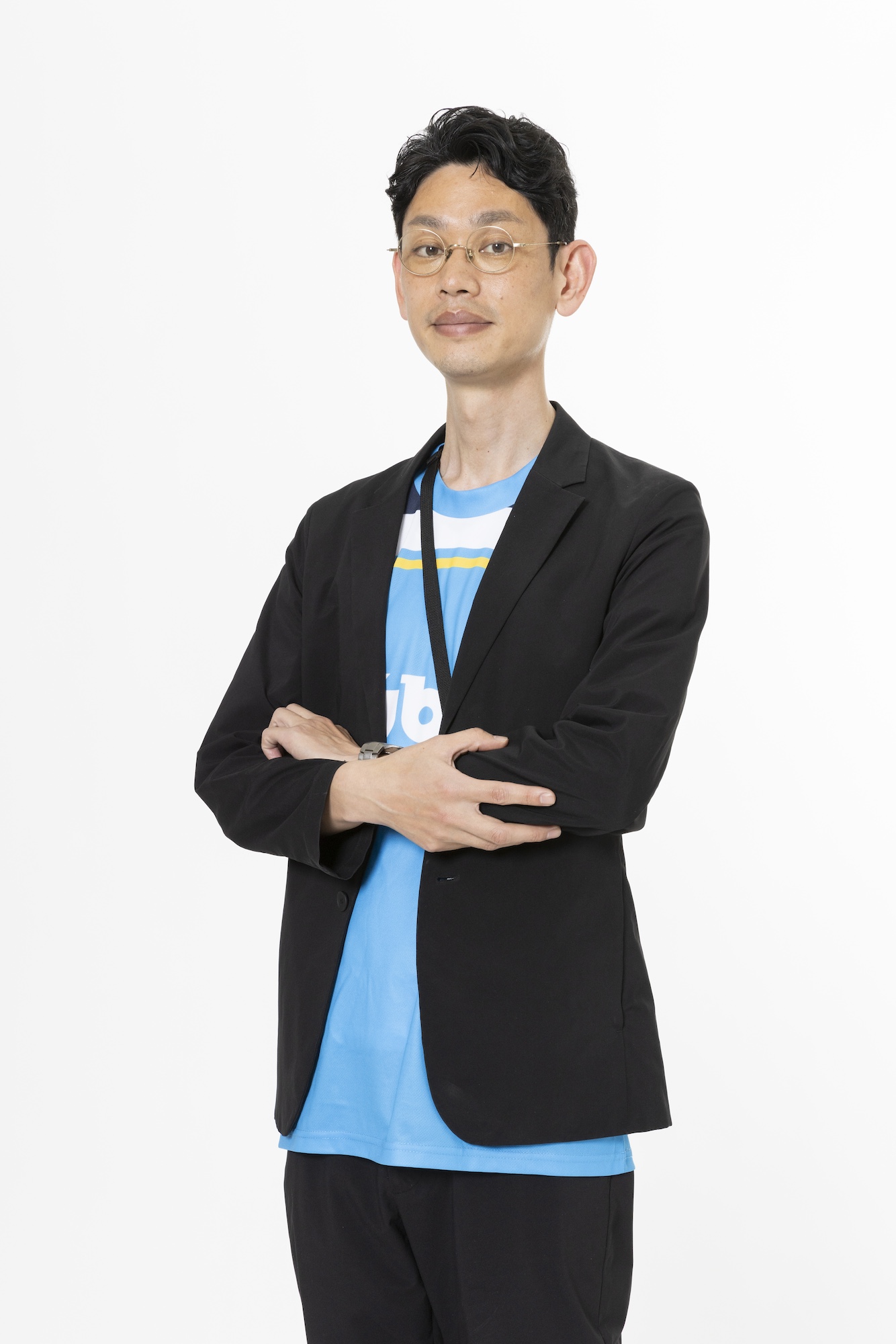Research Contents
(1) Practical Research on Workshop
A workshop is a learning and creative method that encourages thinking from a different perspective. It is widely used for communication, idea generation, and solving local issues. Unlike traditional knowledge-based classes, workshops emphasize participants’ active engagement, creativity, and unintentional learning. This research involves designing, implementing, and evaluating workshops for children, students, and professionals based on data collected from practice.
(2) Research on Arts, Museums, and Community Art Projects
Art is a unique human activity that evokes emotions and stimulates thought. Museums (art museums and history museums) and community art projects serve as flexible learning environments that connect people with art. This research explores the design of exhibitions and workshops in art-related settings and investigates the learning processes that take place within them.
(3) Research on Learning Environment Design
This research focuses on learning environment design based on educational and learning theories. Specifically, it explores informal learning environments outside of school, developing and evaluating new ICT-based systems and learning materials. Through qualitative and quantitative research, it aims to uncover innovative principles for designing effective learning environments.
Attractive Factors of My Research
I worked for a company before enrolling in a doctoral program and earning my degree as a working graduate student. I believe that universities are always open when we want to learn.
Achievement
Major Books and Papers
-
The Past and Future of Dialogue-Based Art Appreciation (Co-edited with Noriko Fuku and Ryo Kitano, Tankosha, 2023, in Japanese)
-
Facilitation of Art Appreciation: Towards Deep Dialogue in Art Communication (Airi Publishing, 2023, in Japanese)
-
Contributing Author: How to Create a School Where Teachers Learn from Each Other (Edited by Takehiro Wakimoto and Daisuke Choshi, Daiichi-Hoki, 2021, in Japanese)
-
Contributing Author: Theory and Practice in Art and Craft Education (Edited by Shingi Ikenaga, Airi Publishing, 2016, in Japanese)
-
Contributing Translator: Visual Thinking Strategies: Using Art to Deepen Learning Across School Disciplines (By Philip Yenawine, Translated by Kyoto University of the Arts Art Communication Research Center, Tankosha, 2015, Japanese Translation)

